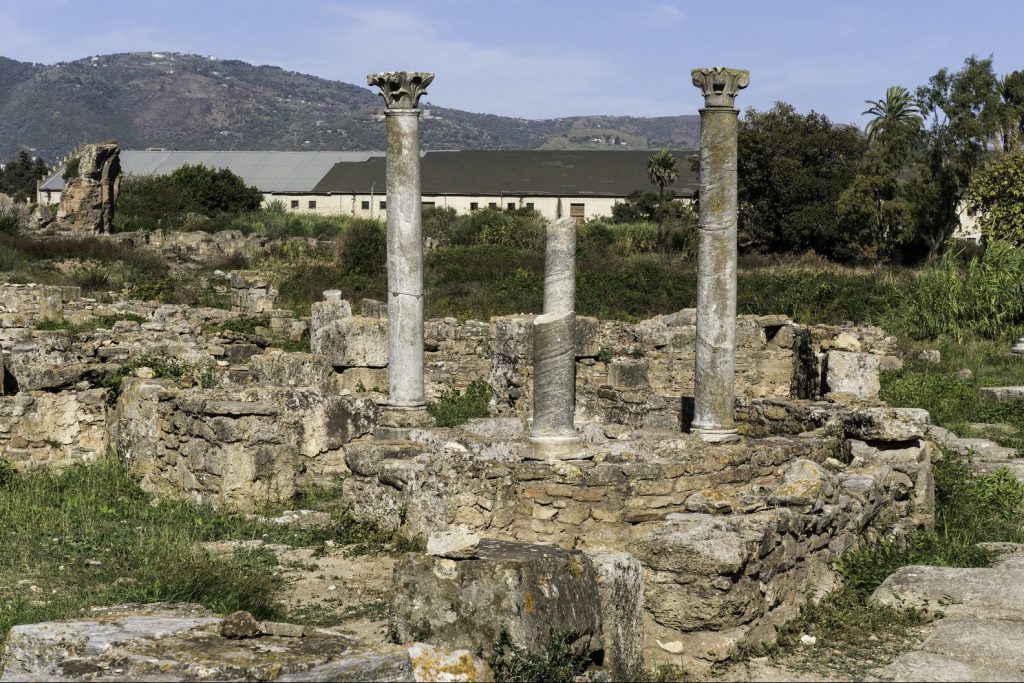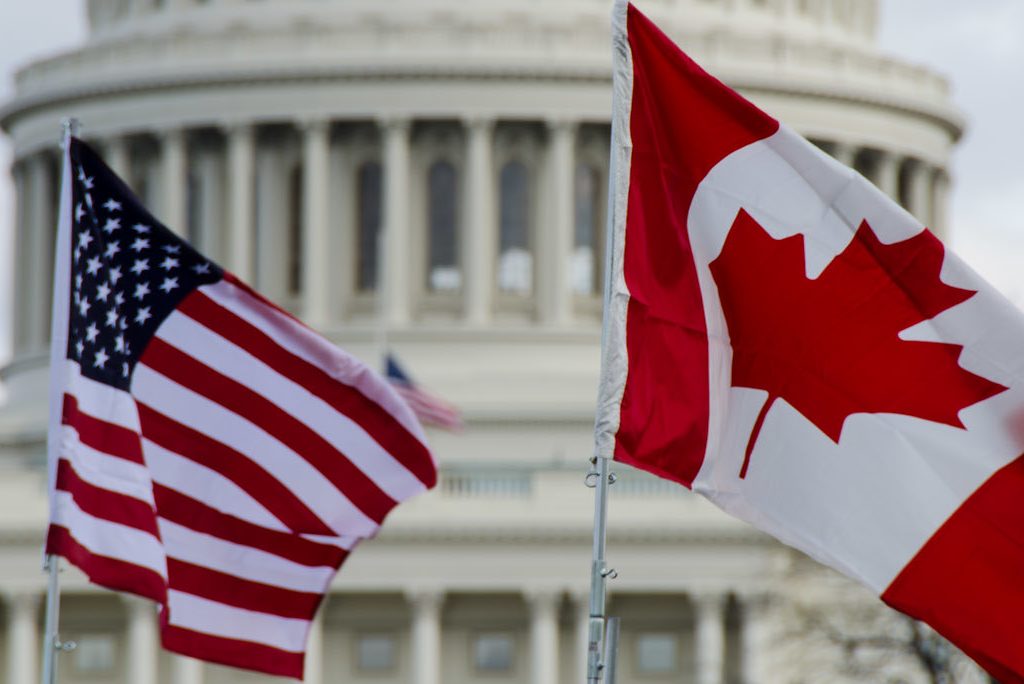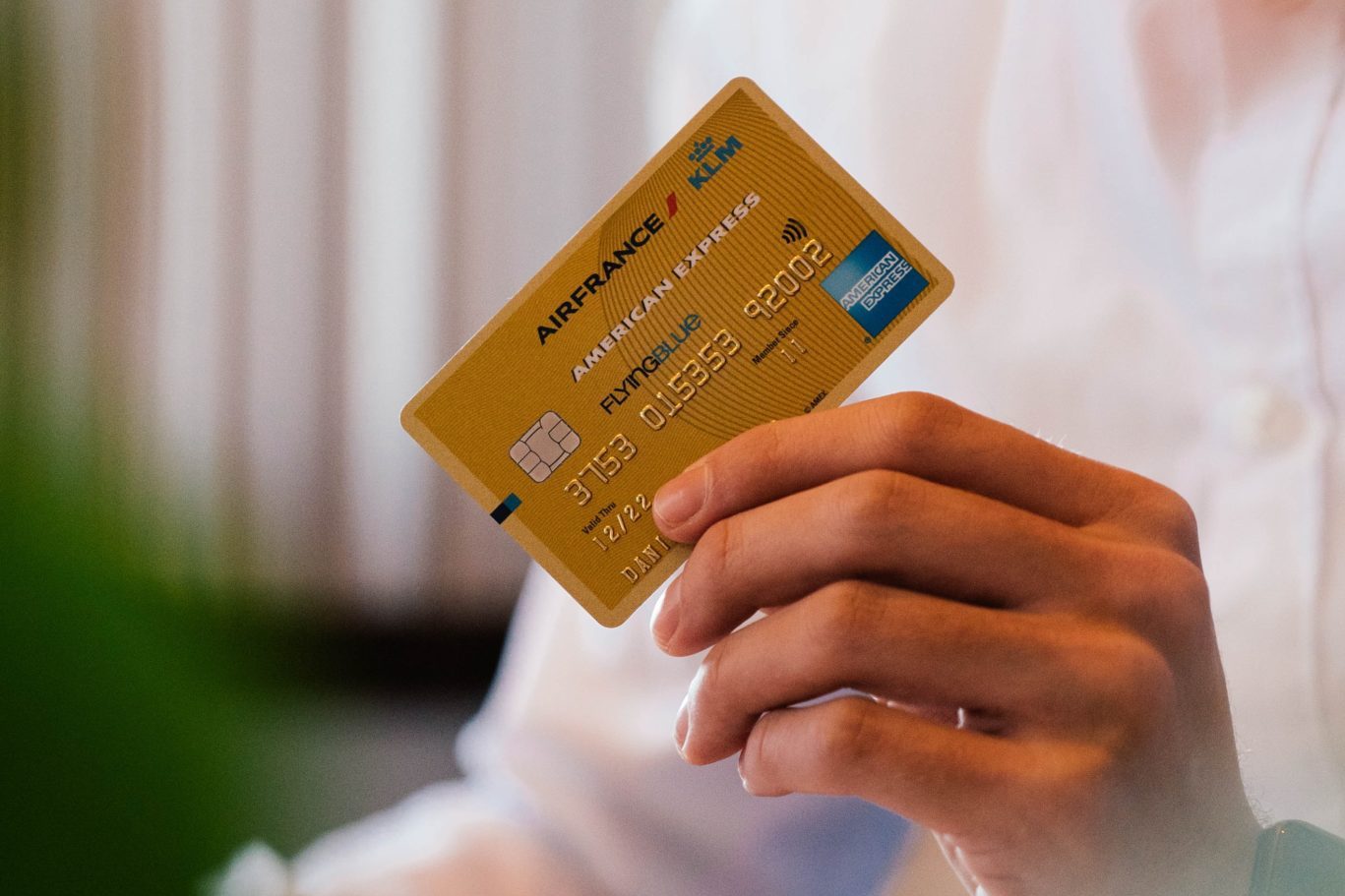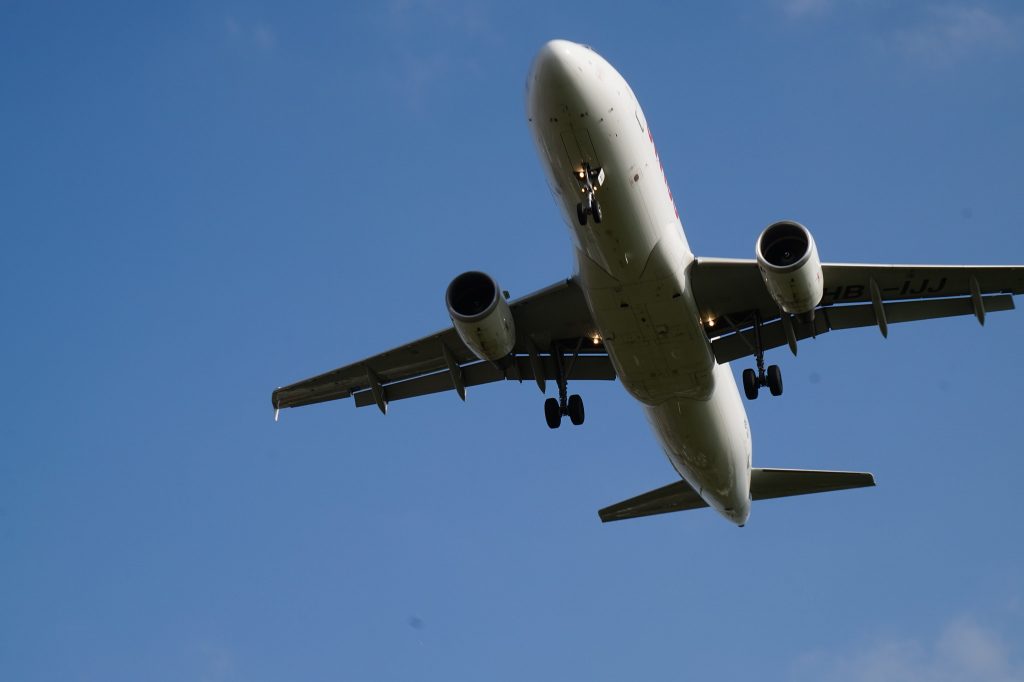Can Algeria Avert Financial Ruin Through Revived Tourism and New Visa Rules?

Skift Take
From the deep blue Mediterranean coastline of Algiers to the winding alleyways of colorful Casbah, there are many spectacular travel destinations to explore in Algeria.
Africa’s largest country, which is just a short flight from much of Europe, is currently home to seven UNESCO-inscribed World Heritage Sites, such as the Roman ruins of Hippo Regius that stretch over vast land covered with green olive trees, flowers, and rosemary.
Despite its stunning rugged beauty and strategic location, the oil-reliant country has historically failed to promote itself as a key tourist destination over the decades, nor has it really wanted to for that matter.
“There was no real political will to invest in tourism,” said Dalia Ghanem, an Algerian political analyst and resident scholar at Beirut-based Carnegie Middle East Center.
“Unfortunately, because of oil and gas, tourism was never developed, and hence there is very limited and poor infrastructure when it comes to [the sector].”
Hotels in the country are currently “not up to standards and because of the lack of competition, there is no incentive to improve the quality, nor the price,” Ghanem added.
Today, however, in the midst of increased financial pressure caused by a drop in energy earnings, the north African nation is said to be considering serious efforts for the first time in decades to ease its visa regulations and attract tourists.
“The timing is paramount because there is a looming economic crisis, and the country is running out of money,” Ghanem told Skift.
End of an Oil Era
Oil and gas revenues accounted for about 20 percent of Algeria’s gross domestic product, and 85 percent of total exports in 2018, according to the Organization of Petroleum Exporting Countries (OPEC) — which the country has been a member of since 1969.
Meanwhile, oil prices have more than halved since 2014 and are currently at $57 a barrel. Weak global oil demand growth is also set to continue to put a cap on oil prices throughout 2020, according to the International Energy Agency (IEA), rendering Algeria’s old economic model unsustainable.
Algeria’s foreign reserves fell by $10.6 billion in the last nine months, the central bank governor was quoted as saying by Reuters on February 3. The country’s reserves are now at $62 billion. Reserves totaled $72.6 billion at the end of April last year, official data showed, down from $79.88 billion in December 2018 and $97.33 billion at the end of 2017.
“The exchange reserves have melted, and it is believed that they will reach $47 billion by the end of 2020,” Ghanem told Skift.
Algeria, with a population of about 41 million as of 2017, has been governed by military officers and independence-era politicians since the 1962 Algerian revolution that ended French colonial rule. Its rulers have long neglected rebuilding the country’s infrastructure or reviving its other sectors.
But, desperate times call for desperate measures. The country’s rulers now more than ever need fresh ideas to diversify the economy.
“There is an urgent need to find new sources of revenue,” Ghanem said. “Shale gas is not an easy one. It took the U.S. years to develop and a lot of expertise and technology that Algeria does not have. Not only does Algeria not have the expertise and technology, but the authorities are facing serious resistance from the local populations.”
Last year’s peaceful protests that ended Abdelaziz Bouteflika’s 20-year rule are also adding mounting pressure on the new government to reform the economy.
Algerian Prime Minister Abdelaziz Djerad said earlier this month that officials are looking to implement a new program to address Algeria’s “difficult economic and financial situation, based on commitments of the country’s President Abdelmadjid Tebboune.”
The “new president is seeking to bring changes in order to enhance his domestic legitimacy,” Isabelle Werenfels, Middle East and Africa senior fellow at the German Institute for International and Security Affairs, told Skift.
“Opening up the country is something many, particularly young Algerians, hope for. Not least, because this means new opportunities for them,” she added.
Leaving the Past Behind
Algeria in the 1990s endured a decade-long bloody civil war between various Islamic rebels and the Algerian government that left nearly 200,000 people dead.
Although the war ended more than 15 years ago, the country still grapples with opening up its doors to the world, in comparison to many of its neighbors.
Today, it remains debatable whether or not Algeria will be able to shake off its past to become an attractive tourist destination on the North African Mediterranean coastline, as it faces fierce competition from neighbors like Tunisia and Morocco.
Tourism revenues for Algeria averaged $207 million against $1.1 billion for Tunisia in 2017.
Most visitors to Algeria currently require a visa before entering the country, except for passport holders from mainly African countries that Algeria shares borders with — including Morocco, Mauritania, Mali, Niger, Libya, and Tunisia.
Details of the new online visa are still unclear, but the country is aiming to double the number of its tourists by 2025, according to reports.
“The tourism sector has enormous potential, but Algeria needs to develop the infrastructure... as the country isn’t prepared for large numbers,” said Werenfels. “I think it is good news that the government doesn’t rush to mass tourism — which is what it declared it doesn’t want.”
Reem Abdellatif is a Skift contributor based in Dubai.




